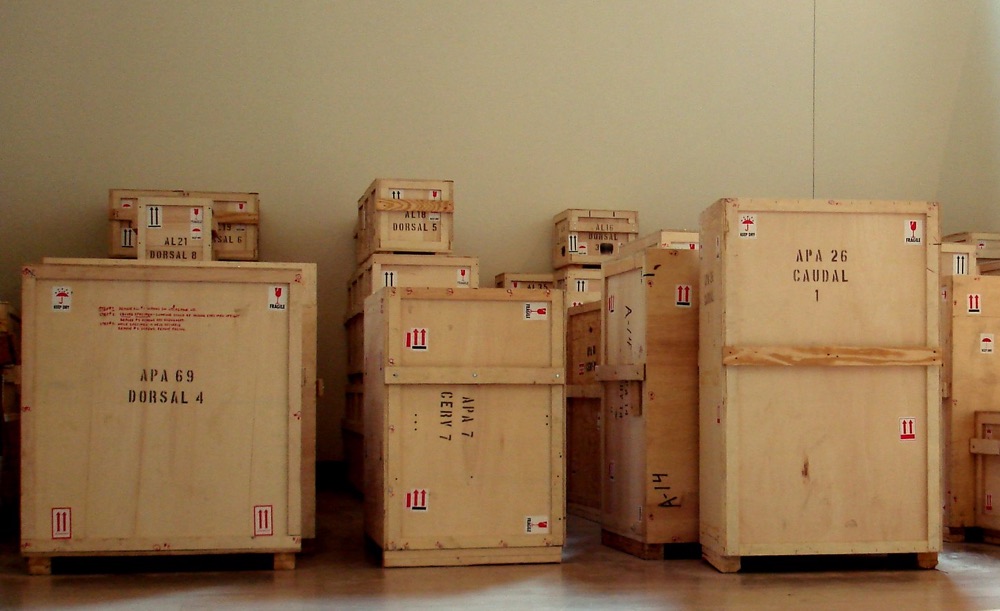We are pleased to announce that the Arts and Humanities Research Council has awarded £1million to the Mapping Museums research team for their project ‘Museum Closure in the UK 2000-2025’.
The new research will use trans-disciplinary methods to analyse closure and collections dispersal within the UK museums sector. Its aim is to examine the geographic distribution of closure, to better understand types of closure (e.g., whether museums are mothballed or disbanded), and to document the flows of objects and knowledge from museums in the aftermath of closure. We will investigate the afterlife of collections, find out if museum exhibits are scrapped, sold, stored, or re-used, and examine ‘outreach’ and temporary museums. A Knowledge Base will be designed to model and store the collected data, and visualisations and analyses of the data will be developed. Above all, we aim at critically reassessing notions of permanence and loss within the museums sector.
‘Museum Closure’ is based at Birkbeck, University of London and at King’s College London, and will run for two years, beginning in October 2023. It is led by Fiona Candlin, Professor of Museology, who will be working with co-investigators, Dr Andrea Ballatore (King’s College London), a specialist in cultural data science, Alexandra Poulovassilis, Emeritus Professor in Computer Science, and Peter Wood, Professor in Computer Science. The post-doctoral researcher is Dr Mark Liebenrood (museum history) and we will be recruiting a second post-doctoral researcher in data science.
(Image modified from original, by elston on Flickr)

2 replies on “Funding success for the Mapping Museums team”
Fantastic news on the award. Your posts are always so informative
Congratulations to the Mapping Museums team! The updated ICOM definition of a museum continues to insist that museums are “permanent,” despite evidence that they close or have their collections dispersed. This focus on permanency is arguably Eurocentric and linked with colonial fantasies. I look forward to learning more about your research findings.